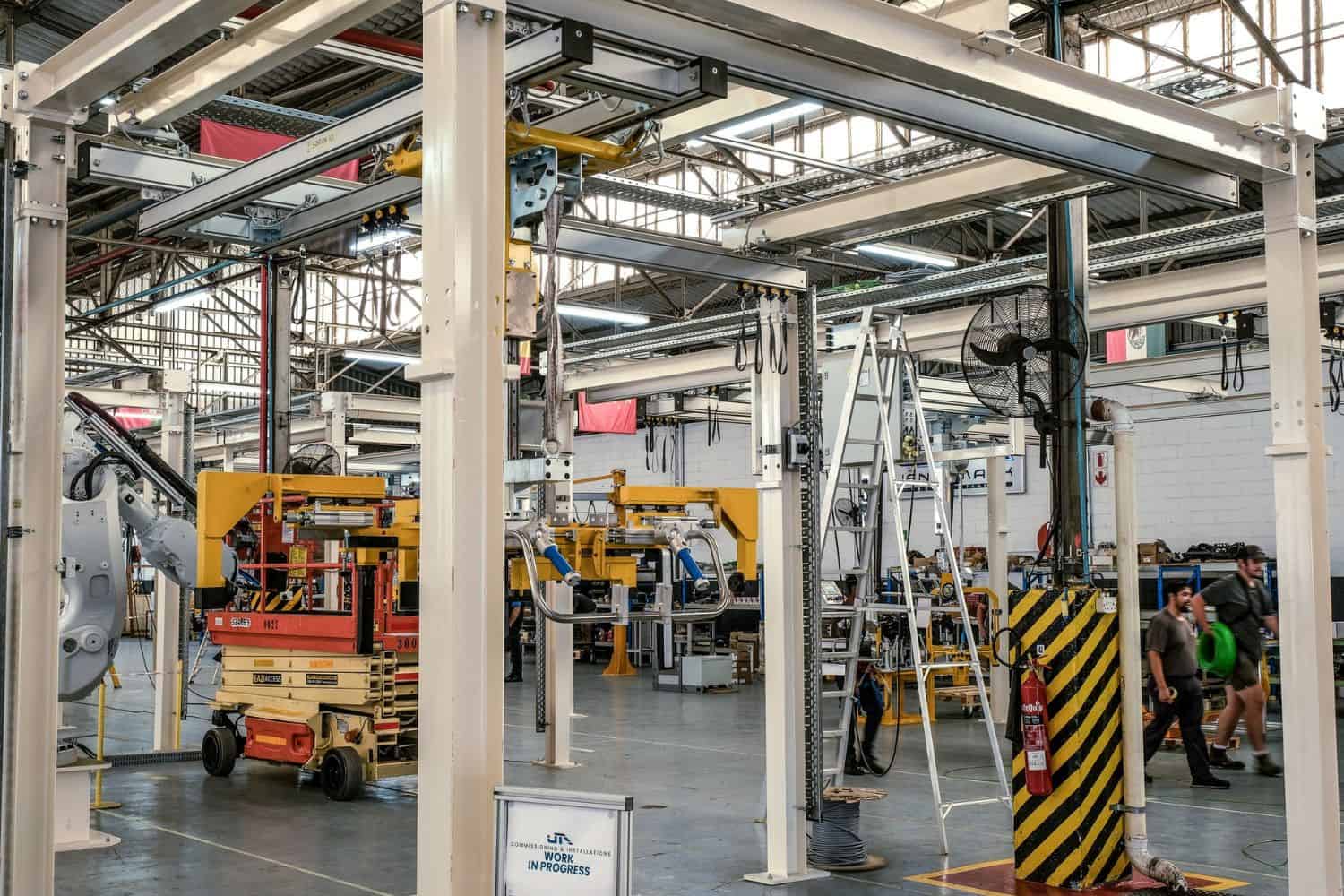The blow risks the livelihoods of the company’s 500 employees and around 3 000 people working in its local supply chain.

South African companies are already starting to face the impact of the US President Donald Trump’s tariffs, with one losing R750 million in contracts overnight.
Trump ordered the reimposition of 30% tariffs on dozens of trading partners, including South Africa, on Thursday – his cornerstone strategy for reshaping global trade to benefit the US economy.
The rand fell to its lowest level in three months, while thousands of jobs are in danger.
The US president has warned of slapping an additional 10% on the Brics nations and any other economy aligned with the grouping.
Millions lost
Jendamark Automation, based in Gqeberha, Eastern Cape, is among several businesses that export high-level manufactured goods and agricultural products like ostrich leather and raisins to America, whose products have become 30% more expensive overnight.
Managing director Siegfried Lokotsch told City Press that the impact has been swift and severe.
The 500 employees at Jendamark Automation build automated assembly lines and develop production software for automotive manufacturers Ford, BMW, Volkswagen and Mercedes-Benz.
According to Lokotsch, he had to inform the company’s board that contracts worth R750 million, which they were on the verge of signing in the next few months, had evaporated.
“It’s just gone.”
ALSO READ: Trump’s 30% tariffs on SA a ‘barrier to trade and shared prosperity’, Presidency says [VIDEO]
Job losses
Lokotsch said the blow risks the livelihoods of the company’s 500 employees and around 3 000 people working in its local supply chain.
The Nelson Mandela Bay Business Chamber, representing about 700 businesses in the region, is concerned about the scale of the threat.
‘Big blow’
Denise van Huyssteen, chief executive officer of the Nelson Mandela Bay Business Chamber. said the imposition of the 30% tariffs by the United States on South Africa on 7 August is a big blow for local businesses, especially in the automotive and agricultural sectors.
“The Eastern Cape economy is likely to be the most adversely affected in the country by these developments. This is not just an issue which affects companies that do trade with the US, it is a global issue.
“The global trading system has been upended, and relationships between long-standing trading partners will shift as countries move to protect their own interests and domestic economies. Multinationals will also adjust their manufacturing footprints to assemble in those markets where they can do so the most efficiently and competitively,” Van Huyssteen said.
Concerns
Van Huyssteen said they are deeply concerned about the impact of these developments may have on our automotive industry which is anchored by the Original Equipment Manufacturers (OEMs) which undertake completely-knocked down assembly in South Africa.
“These OEMs are responsible for creating well over a 100 000 jobs at their own operations and within their components supplier networks.
“Furthermore, it is estimated that the knock-on employment impact of these OEMs and components manufacturers results in over 500 000 formal jobs being created across the entire automotive supply chain. Around 40% of automotive employment in the country is located in the Eastern Cape,” She said.
Van Huyssteen said it is essential that the government moves to strengthen trade relations with existing key markets such as Europe and Southeast Asia.
“This must be directed at retaining and growing mutually beneficial trade opportunities.”
‘Negotiate’
Last week, President Cyril Ramaphosa told journalists that South Africa would use the week-long delay in implementing 30% tariffs to “negotiate as strongly and as hard as we can” to avoid the penalty and save jobs.
South Africa offered to import liquefied natural gas and some US agricultural products, the trade ministry said last week,
It said South African firms have also committed to investing in US mining and metals-recycling industries and to pursuing joint investment in critical minerals, pharmaceuticals and agri-machinery.
ALSO READ: Ramokgopa dismisses claims US tariffs target BEE policy but admits it needs ‘tweaking’
Support Local Journalism
Add The Citizen as a Preferred Source on Google and follow us on Google News to see more of our trusted reporting in Google News and Top Stories.








